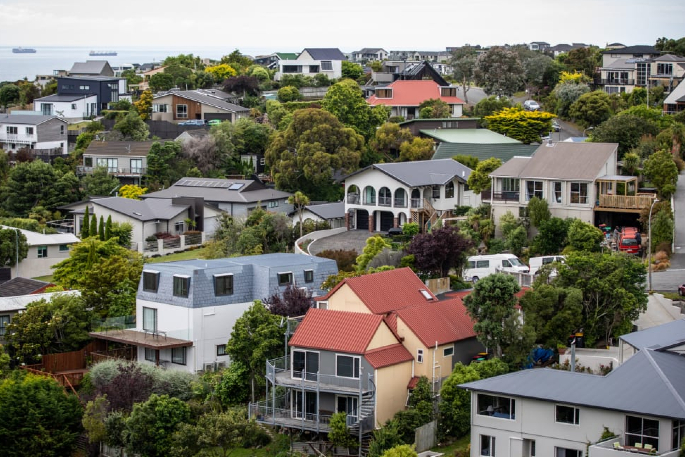The country's biggest insurance firm IAG says it is progressing recent flood claims at pace and standing by to support customers affected by Cyclone Gabrielle
Through its AMI, State and NZI brands, the insurer had already received more than 21,000 claims for recent North Island floods by Tuesday morning.
About 57 percent were home claims, 21 percent for contents, 6 percent commercial and business, and 16 percent were motor vehicle claims.
In the last two weeks, the insurer paid out more than $23 million in claims.
AMI, State and NZI chief executive Amanda Whiting says the floods and fresh damage caused by Cyclone Gabrielle was heart-breaking and hugely disruptive for those affected.
"We are working our way through the flooding claims as quickly as possible, while also processing claims from those affected by Cyclone Gabrielle," she says, adding the insurer's focus was on supporting customers and communities.
"Some claims will be settled quickly, if not already, but some will take time as each customer's situation is unique.
"We also know that these weather events will put significant pressure on the building industry and associated suppliers.
"We are actively working with our partners to minimise these challenges, however, there may be some delays as we work through this."
She says the size and scale of the events were something not seen since the Kaikōura earthquakes.
"We have pulled in help from right across our business - we currently have 316 teams of builders on the ground stripping out homes, and we are focussed on expediting the claims process and closing claims for our customers as soon as we possibly can."
IAG says it expected to provide further figures about the impact of Cyclone Gabrielle as the situation became more clear.
National state of emergency: What you need to know
- The New Zealand government has declared a National State of Emergency, to assist in the response to Cyclone Gabrielle.
- The declaration will apply to the six regions that have already declared a local State of Emergency: Northland, Auckland, Tairāwhiti, Bay of Plenty, Waikato, and Hawke's Bay.
- A national state of emergency gives the national controller legal authority to apply further resources across the country and set priorities in support of a national level response.
National Emergency Management Agency advice:
- Put safety first. Don't take any chances. Act quickly if you see rising water. Floods and flash floods can happen quickly. If you see rising water do not wait for official warnings. Head for higher ground and stay away from floodwater.
- Stay at home if it is safe to do so. But have an evacuation plan in case your home becomes unsafe to stay in.
- If you have evacuated, please stay where you are until you are given the all-clear to go home.
- People should stay up to date with the forecasts from MetService and continue to follow the advice of Civil Defence and emergency services.
- Do not try to walk, play, swim, or drive in floodwater: even water just 15 centimetres deep can sweep you off your feet, and half a metre of water will carry away most vehicles. Flood water is often contaminated and can make you sick.



0 comments
Leave a Comment
You must be logged in to make a comment.